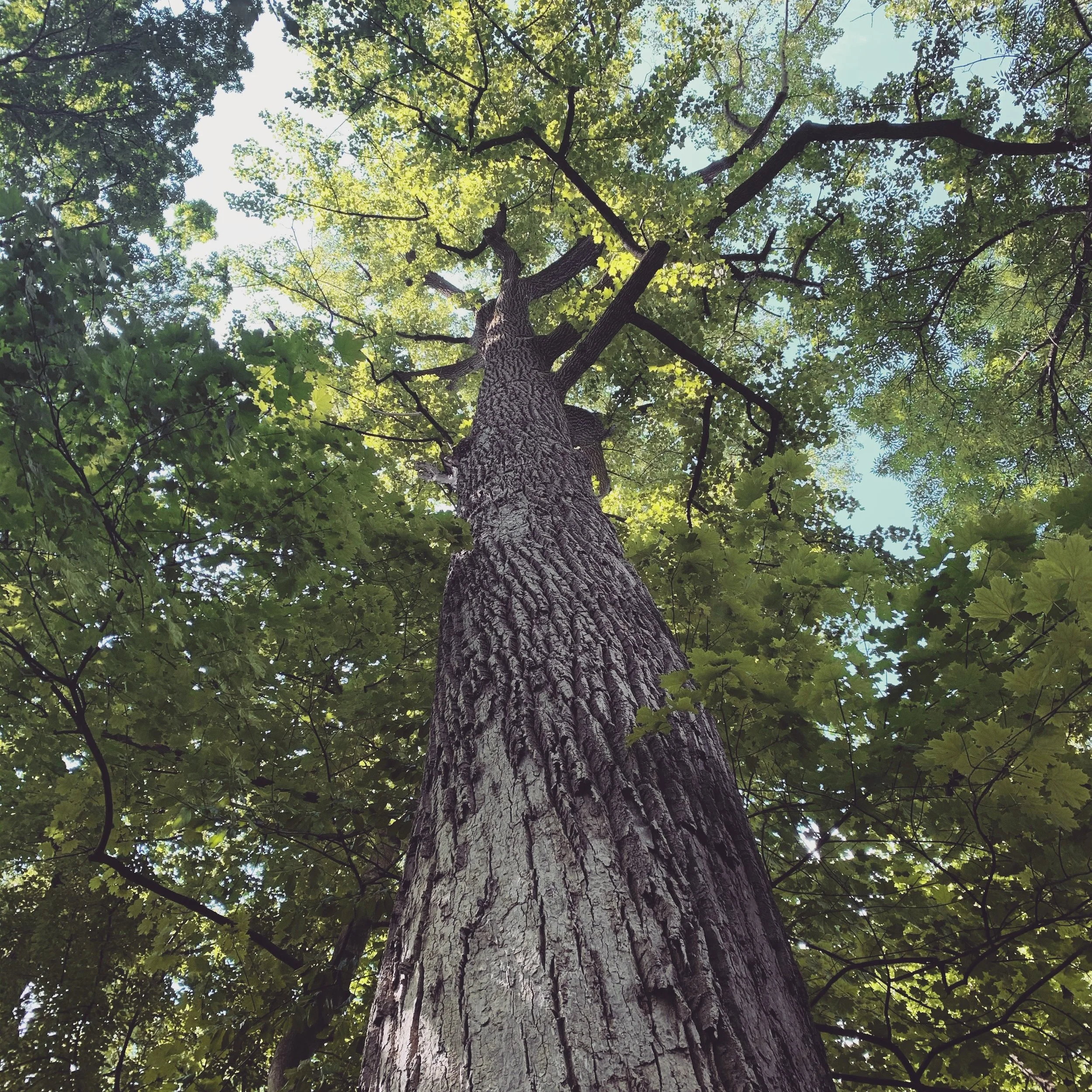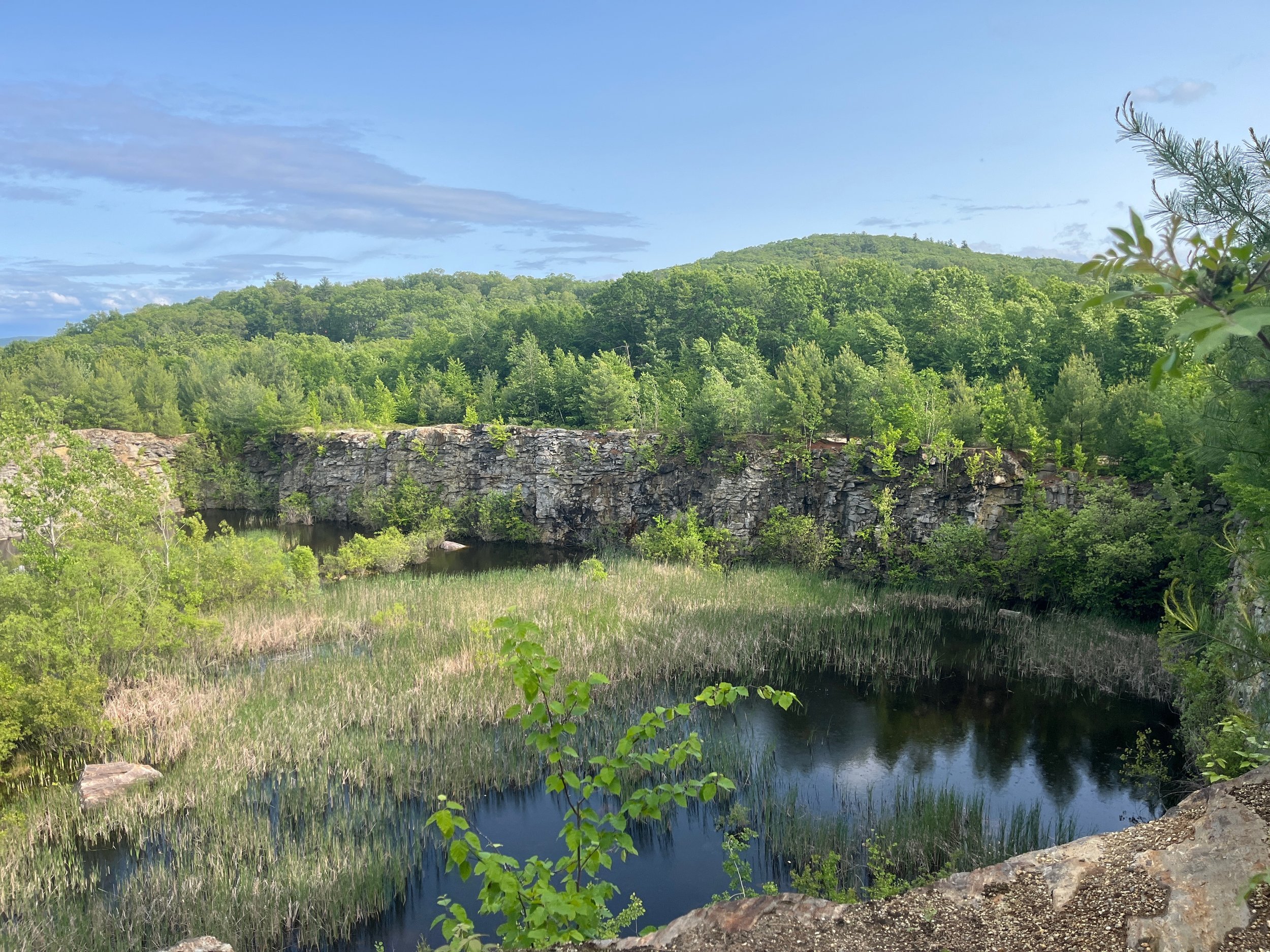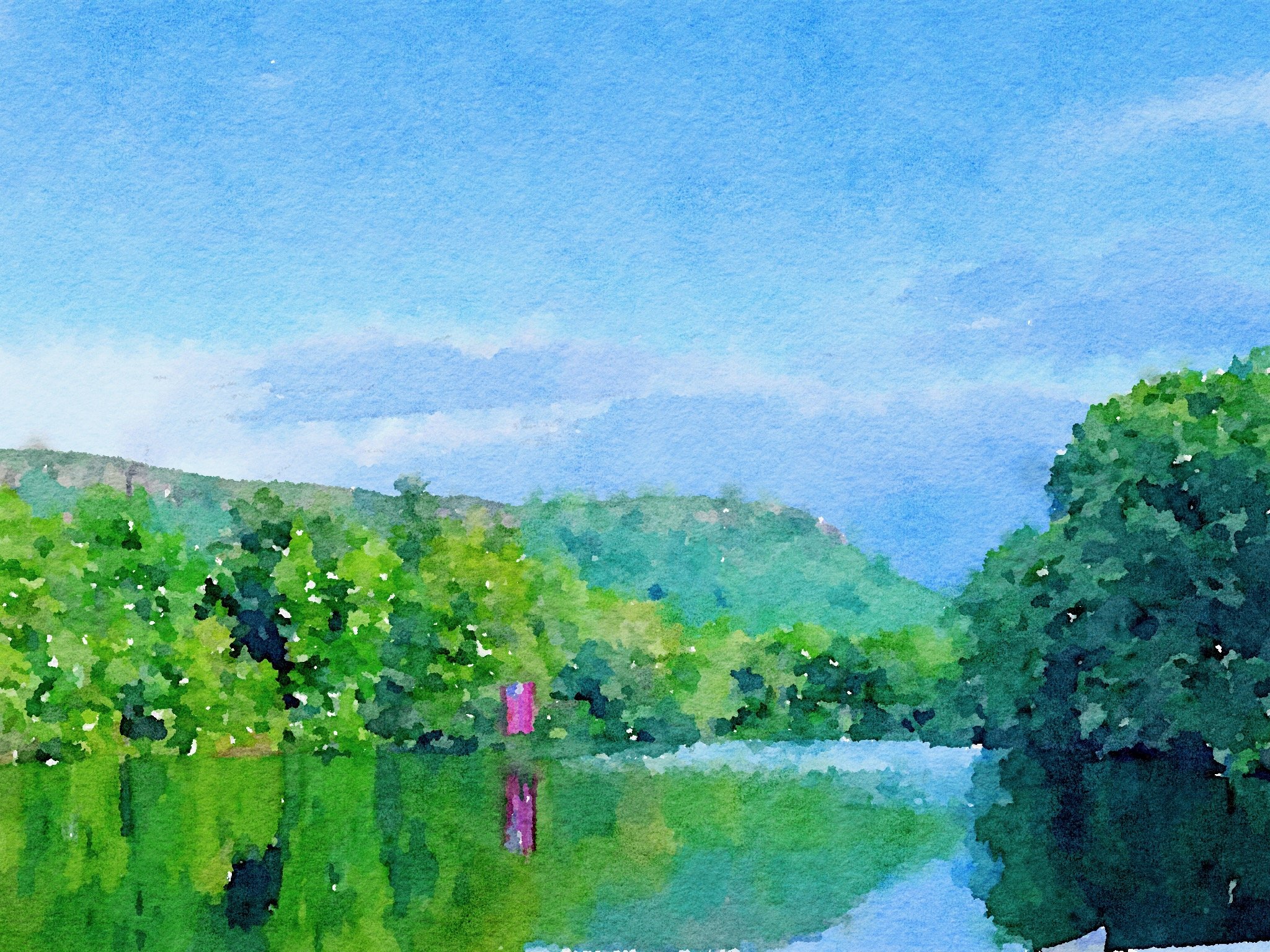I have returned home from nearly four weeks on the road. For the past 22 years (pandemic excepting) I’ve travelled for work and generally spend two weeks a month away, sometimes three. But this binary of home and away doesn’t really describe my experience.
The dictionary definition of home ranges from a house to a family’s place of residence, to being on familiar ground. It is the place one returns to, as in a childhood home, or if you happen to be a salmon, a particular riverbed. Home is a place you are at ease. Or safe – as in safe at home base.
Home is something that is deeply personal and intention doesn’t always create the desired results. You can work hard to create a home for yourself and never quite connect with your surroundings or neighbors. You can be welcomed into a group or a community, but not yet have the capacity to accept or receive what has been offered.
If the definition of home is where we lived more permanently, we can also say it is where we can put down roots. Home is the right environment for our roots to find the nourishment they need.
Today on my hike up a nearby mountain I observed the spring wildflowers each at home at in the ground that suited them best. Each happy at their own altitude. Low down were the lady slippers, tucked under other foliage, peeking out, pink, floating.
A little farther up were the trillium, just past their bloom in a section of oaks at the edge of the road. Trillium don’t just make their homes anywhere— they are exacting in their requirements: they like the acidic oak leaves and the dappled light. And even with the right conditions they take a long time to grow. In the best case scenario it can take two years for a seed to germinate and 5-7 years for a plant to flower.
And farther up the trail—nestled into the cracks of the granite rocks—a more easy-going flower—a columbine in a mix of yellow and red—making the most of the least amount of soil.
Maybe I’ve always had a loose definition of home. When home isn’t happy in childhood you find home elsewhere—you look for soil for your roots wherever you can. From a young age I learned that the idea of home wasn’t limited to the house you lived in or the people you lived with there. At first, I found it in school and in books. And then I found it in the houses of friends, in the tents and troops at Girl Scout Camp and in the house and family I lived with as an exchange student. Home was the college campus where I spent four years with women who are still some of my best friends, and in the gardens which I’ve created in the houses where I’ve lived. I’ve found it in the many, many homes and families I’ve been welcomed into and in workplaces where I create and work with purpose.
Because I travel at least two weeks a month I often call home the place where I am staying. On one work trip to Cambodia, we left the hotel and work venue in Siem Reap and went away for the weekend to Battambang. I got horribly sick on the trip and endured a 7-hour boat trip back to Siem Reap. Walking into the hotel lobby I exclaimed to my colleague, “I’m so relieved to be home” to which she replied, “Really, you couldn’t be farther away.” But I meant, at that moment, that I was back in a familiar place, with my familiar bed where I could finally lay down.
Today on my way home from my hike I could see the surrounding mountains. I live in a valley that at one time was a glacial lake—it’s like living in the world’s largest bird nest—you can see the edges of it and feel nestled in a vast space. I have often pondered how you carry home with you. Or how you make a nest in your heart.
Growing up with trauma I needed to build a new version of home in my heart. And traveling for work I was tired of feeling exiled from the experience of home. I needed another way to think about home.
So I made nature my home. And now I can find home anywhere. And I can feel found anywhere. If landscape is home and trees and flowers and rivers are family, then I am always home. If I can see trees, or mountains or the horizon—I can breathe. I can relax. I know where I am. I know who I am. I know that I am connected. I know there’s always a way home.
© 2025 Gretchen L. Schmelzer, PhD
100 Poems: Home Christan Wiman (Editor)




